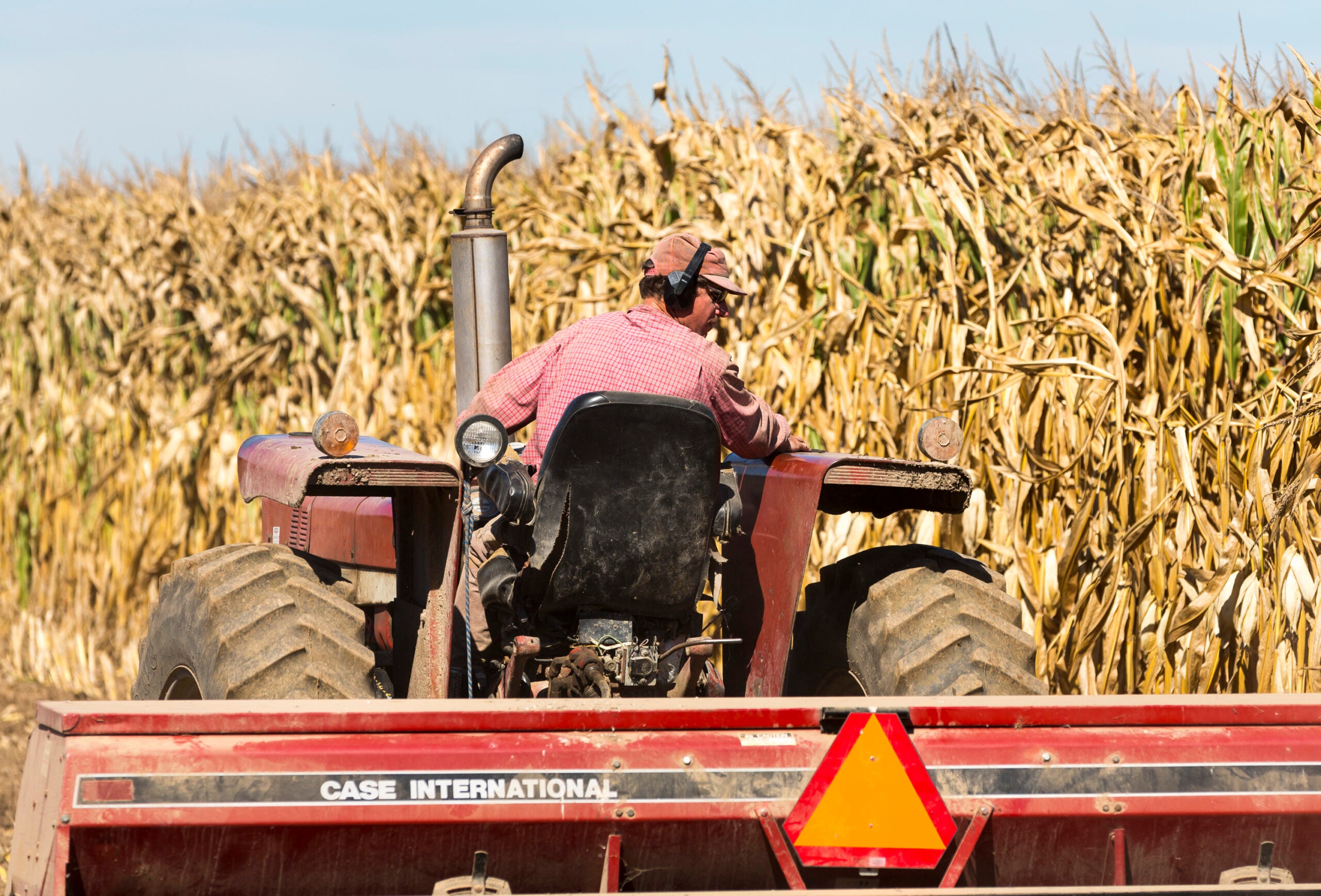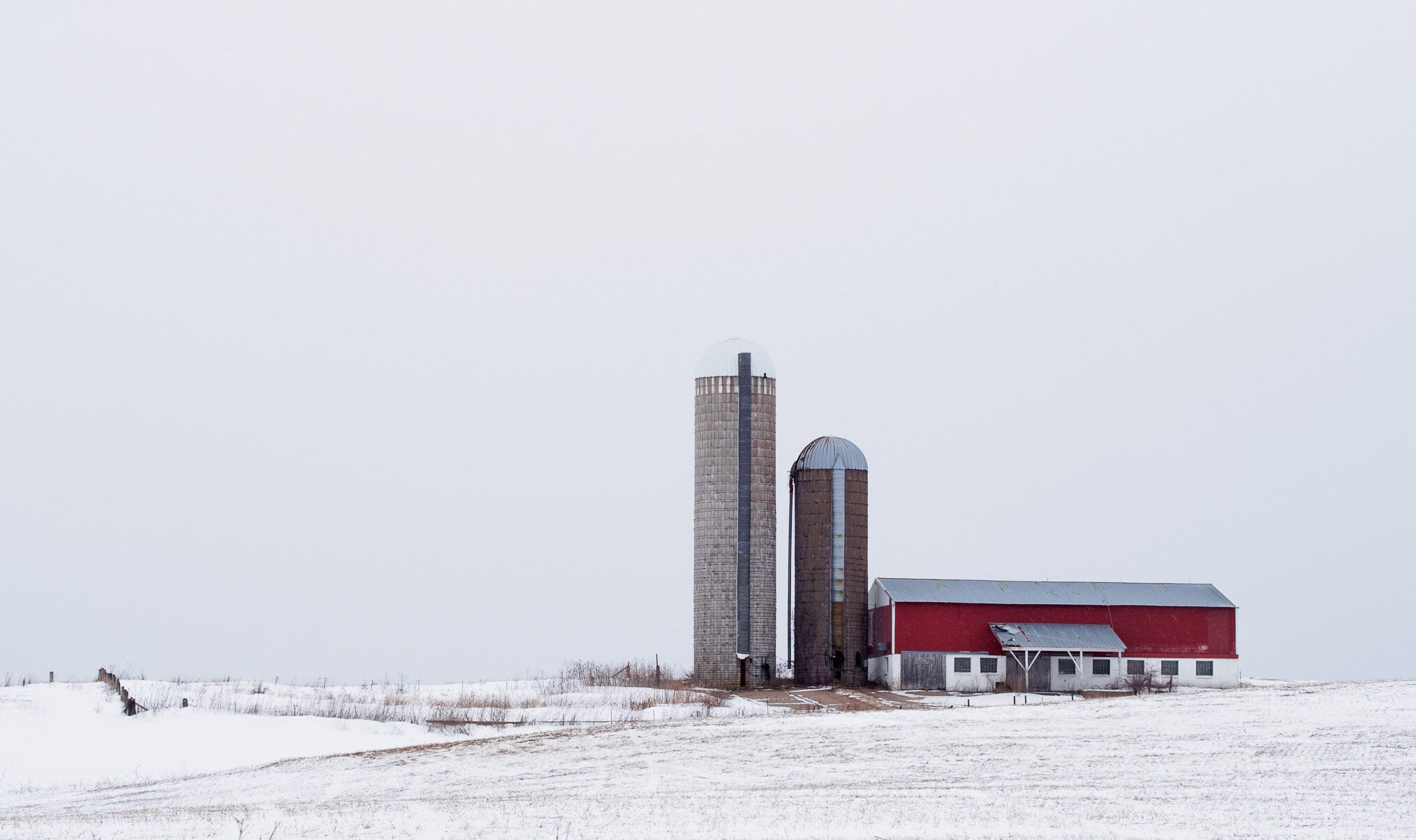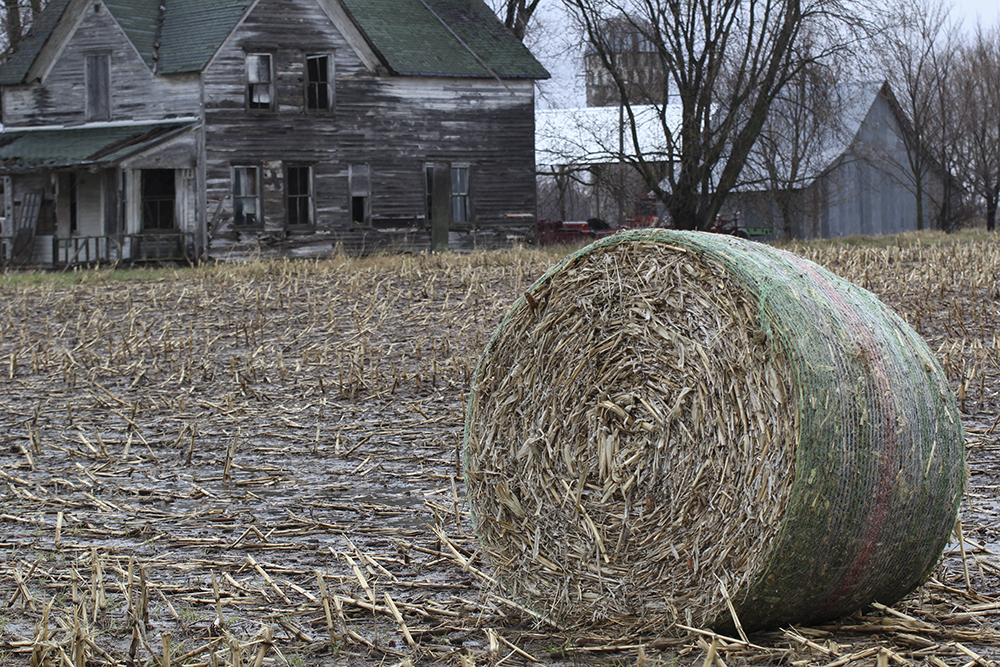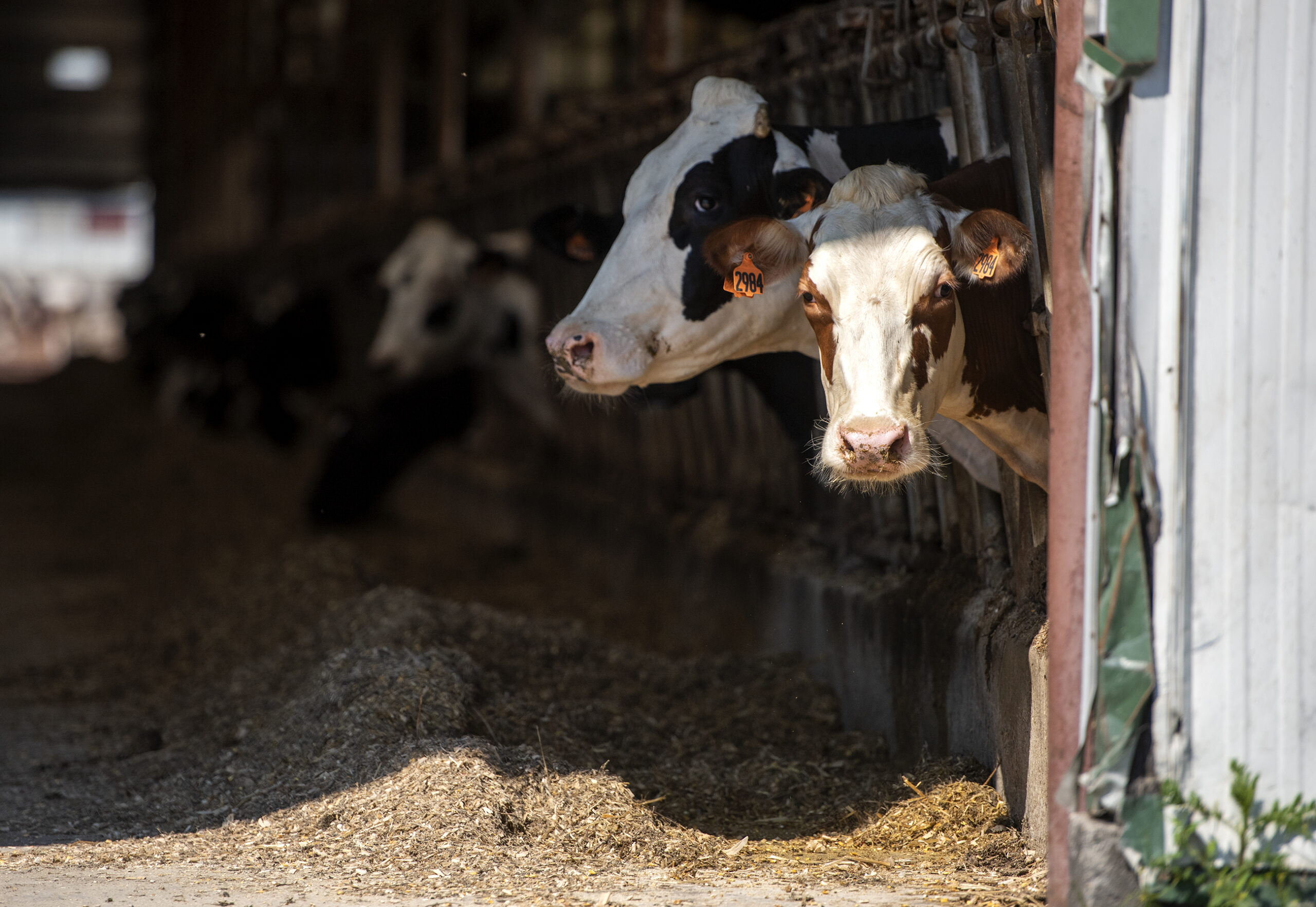Farmer groups in Wisconsin and across the country are calling on Congress to allocate more money for mental health resources.
More than 30 organizations sent a letter to leaders of the U.S. House and Senate committees on agriculture asking for funding for the Farm and Ranch Stress Assistance Network.
The program was created in the 2008 Farm Bill to provide grants to extension services and other nonprofits that help farmers deal with stressful economic times. But it has never received funding from Congress.
Stay informed on the latest news
Sign up for WPR’s email newsletter.
Darin Von Ruden, president of the Wisconsin Farmers Union, said after the farm economy recovered from the 2008 financial crisis, farmers saw several years of good prices.
“We really haven’t seen the situation that we’re in right now, where we need to have a program like that to get more help out in the countryside,” Von Ruden said.
Commodity prices are low for most agricultural industries and current trade talks with Mexico, Canada and China have caused uncertainty about international exports.
“If we lose those markets, which is a good possibility under the current scenarios, we’ll never see those markets come back. So that puts additional stress on farmers on what their future looks like,” Von Ruden said.
Michael O’Gorman, executive director of the Farmer Veteran Coalition, said the future of immigration policy is another unknown for the agriculture industry.
“As the country debates those issues, the family farmer and the farm businesses are kind of in the middle waiting to see how things fall out and how that might affect them,” O’Gorman said.
The need for mental health resources for struggling farmers is nothing new for Wisconsin or the United States. Many crisis helplines and programs started during the 1980s farm crisis, including the Farm Center from the Wisconsin Department of Agriculture, Trade and Consumer Protection. And a report from the Centers for Disease Control and Prevention using data from 2012 found people in farming, fishing and forestry jobs had the highest rate of suicide compared to other occupational groups.
“One of the risks of going into agriculture is that failure is a possibility,” O’Gorman said. “We just want to make sure that there’s a support system for everybody to get through hard times.”
But finding federal funding for FRSAN may still be a challenge for federal lawmakers.
Debates on spending in the next Farm Bill have already started, even though the legislation has yet to be released. Von Ruden said calls to decrease ag spending mean it’s uncertain whether FRSAN will see funding.
“By cutting programs by 20 percent like (President Donald Trump) is proposing, it’s just gonna make a program like this less feasible and it most likely won’t be funded,” Von Ruden said.
O’Gorman said he’s optimistic Congress will fund the program, given the broad support from farmer groups.
The National Milk Producers Federation, National Corn Growers Association and the National Young Farmers Coalition are among the organizations supporting FRSAN funding.
Wisconsin Public Radio, © Copyright 2025, Board of Regents of the University of Wisconsin System and Wisconsin Educational Communications Board.





